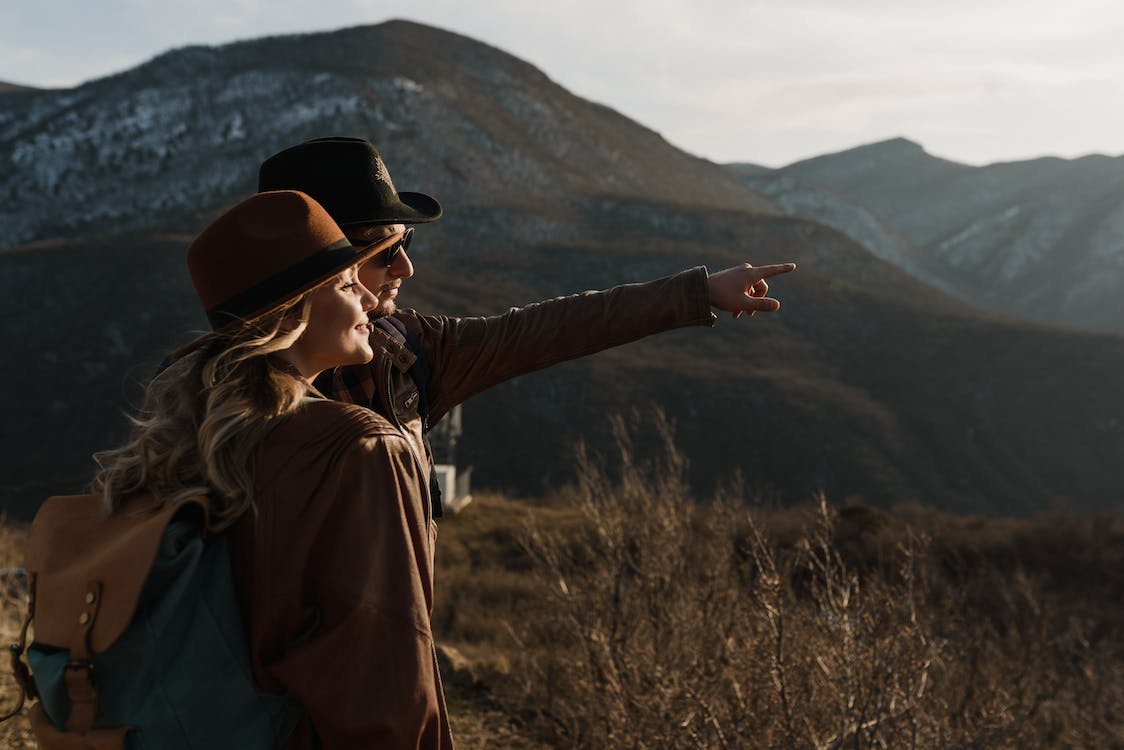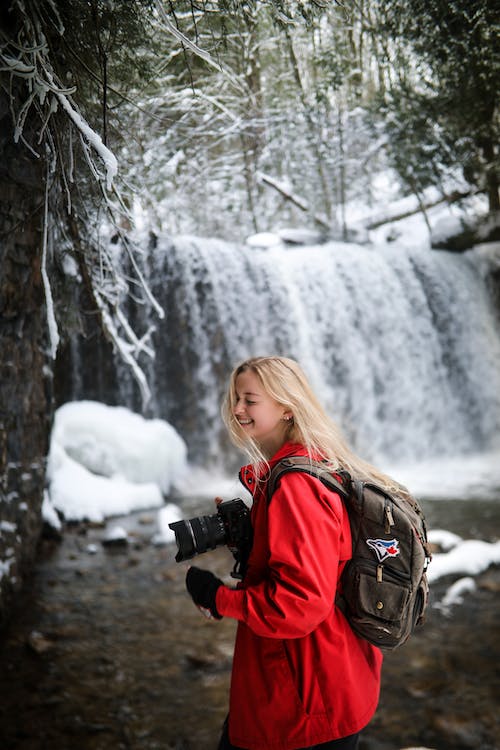
Traveling as a backpacker is an adventure unlike any other. It’s a journey of exploration, self-discovery, and embracing the unknown. However, to make the most of this adventure, you need to pack smart and efficiently. Whether you’re a seasoned backpacker or a beginner, having the right travel essentials can make or break your trip. In this comprehensive guide, we’ll walk you through the ultimate packing checklist for backpackers, ensuring you’re prepared for whatever the road may bring.
The Philosophy of Packing Light
Before we dive into the nitty-gritty of what to pack, let’s talk about the philosophy of packing light. Backpacking is about freedom and mobility, and nothing weighs you down more than unnecessary luggage. Packing light not only saves your back but also provides flexibility during your journey. You can easily navigate crowded streets, hop on and off various modes of transportation, and say yes to unexpected adventures without worrying about dragging a heavy suitcase.
Clothing and Apparel
Layer Up: When it comes to clothing, think in layers. Lightweight, moisture-wicking, and versatile clothing is your best friend. A few t-shirts, long-sleeve shirts, and a sweater can work wonders. Don’t forget a waterproof jacket for those unexpected rain showers.

Quick-Dry Fabrics: Opt for fabrics that dry quickly. This is especially important for undergarments and socks. No one enjoys hiking with wet feet.
Comfortable Footwear: Choose comfortable walking shoes, preferably a pair that’s already broken in. A comfortable pair of flip-flops is also essential for rest and letting your feet breathe.
Weather-Appropriate: Research your destination’s climate and pack accordingly. A pair of lightweight, quick-drying shorts might be perfect for a tropical destination, while thermal layers will keep you warm in colder regions.
Backpacking Gear
Your choice of gear can significantly impact your backpacking experience. Here are some essentials:
Backpack Selection: Choose a backpack that suits your body and travel style. Make sure it’s the right size and features comfortable straps and compartments. Remember, you’ll be carrying this everywhere.

Sleeping Bag and Tent: If you plan on camping, invest in a lightweight and compact sleeping bag and tent. It’s essential that these items are easy to set up and tear down.
Cooking Equipment: If you plan on cooking your meals, opt for compact stoves, utensils, and cookware. Look for items that are both lightweight and functional.
Water Filtration: Clean drinking water is a must. A portable water filter can save you from the hassle of carrying large quantities of water and ensure safe hydration throughout your journey.
Toiletries and Personal Items
Packing toiletries is an art. You want to stay clean and fresh, but you also need to save space. Here’s how:
Minimal Toiletries: Buy travel-sized toiletries or transfer your favorite products into smaller containers. You can usually find these at any pharmacy or travel supply store.
First Aid Kit: Your first aid kit should include essentials like band-aids, antiseptic wipes, pain relievers, and any personal medications you might need.
Microfiber Towel: These towels are not only lightweight but also dry quickly. They are perfect for staying clean and fresh on the road.
Ziplock Bags: Ziplock bags have various uses. They can help you organize your belongings, keep items dry, and are particularly useful for storing snacks.
Travel Documents and Money
Losing important documents or running out of money can quickly turn your adventure into a nightmare. Make sure you have everything in order:

Passport and Visa: Check your passport’s expiry date and the visa requirements of your destination. Some countries require a visa to enter, and obtaining one may take some time.
Travel Insurance: Do not skimp on travel insurance. It’s your safety net in case of accidents, illnesses, or unexpected travel disruptions.
Emergency Contacts: Keep a list of important contacts, both at home and your destination. Share your travel plans with a trusted individual, ensuring they are aware of your location and schedule.
Cash and Cards: It’s wise to carry a mix of payment options. While it’s essential to have some local currency, having a credit card or travel card can be a lifesaver if your cash gets stolen or lost.
Safety Precautions
Backpacking can transport you to remote and unfamiliar destinations. Prioritizing your safety is paramount:
Emergency Plan: Share your itinerary and travel plans with someone back home.Inform them about your whereabouts and your intended schedule. It’s always good to have someone looking out for you.
Navigation Tools: Maps, a compass, and a GPS device can be incredibly helpful, especially if you plan on hiking or venturing into less urbanized areas.
Travel Light: Minimize the risk of theft by carrying fewer valuable items. Leave your expensive jewelry and gadgets at home.
Language Skills: Learning a few basic phrases of the local language can go a long way. It’s a sign of respect and can help you in situations where English isn’t widely spoken.
Conclusion and Last-Minute Tips
Packing for a backpacking adventure is both an art and a science. With the right essentials and a well-thought-out plan, it can be an enjoyable part of your journey. Remember, the less you carry, the more you’ll enjoy the freedom of exploration.
In conclusion, packing light and smart is the backpacker’s mantra. With this checklist, you’ll be well-prepared for your backpacking adventure. So, pack your essentials, embrace the open road, and make memories that will last a lifetime. Happy travels!







